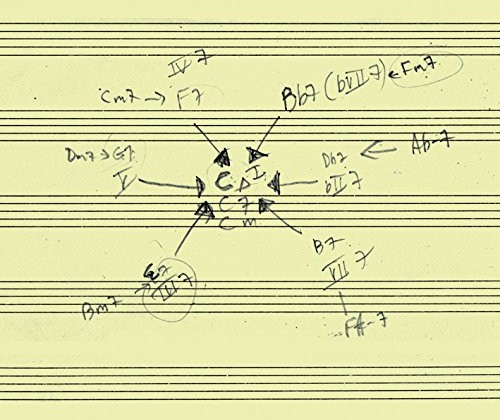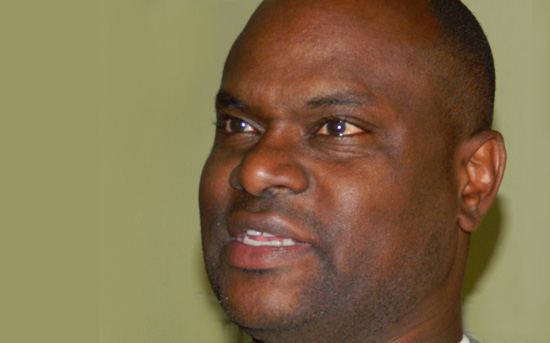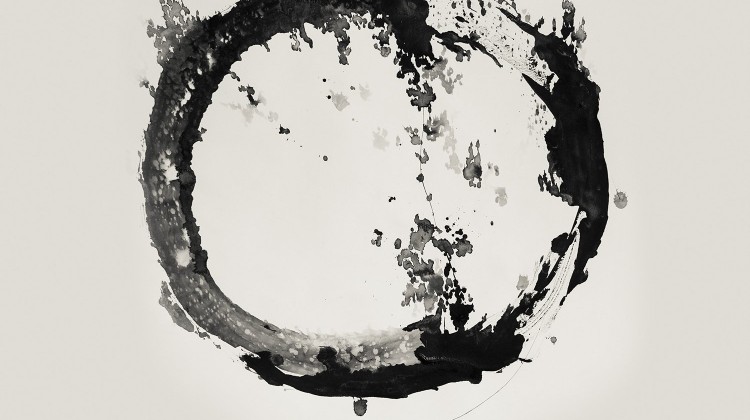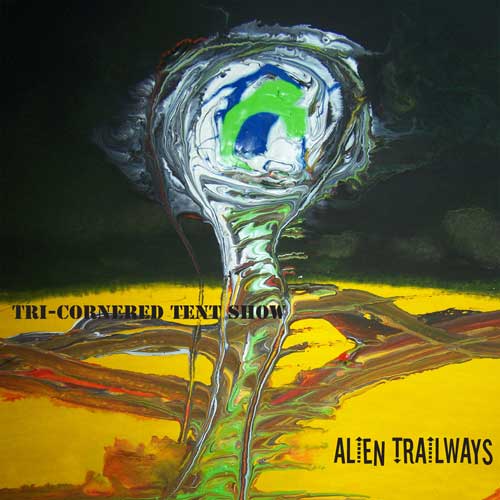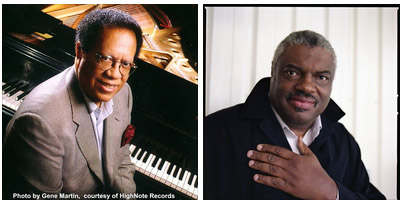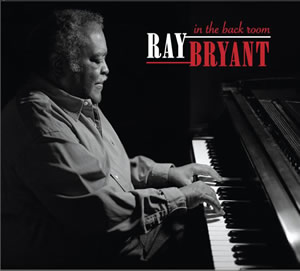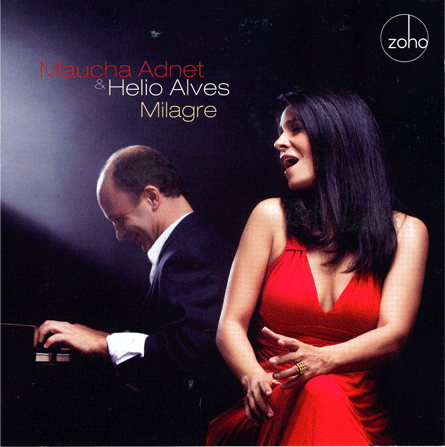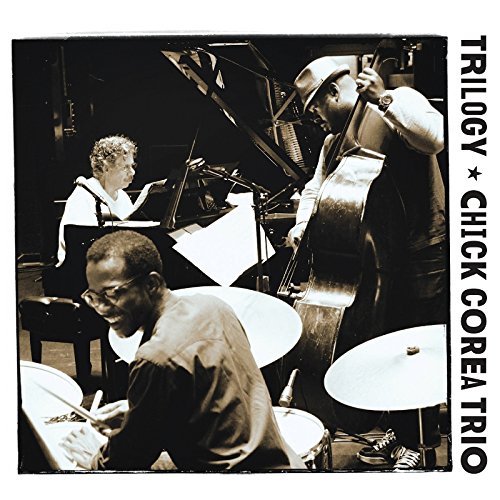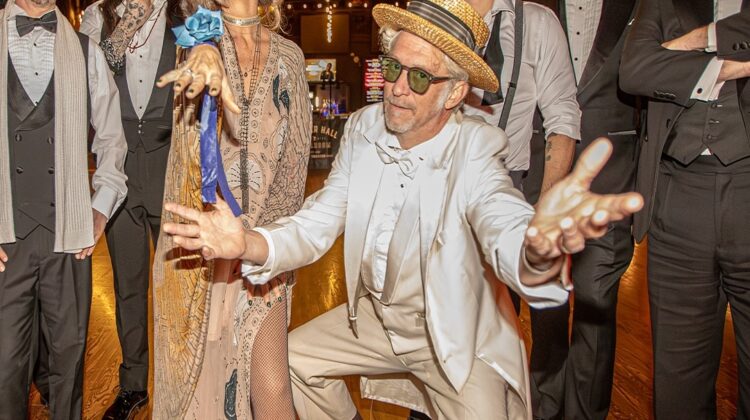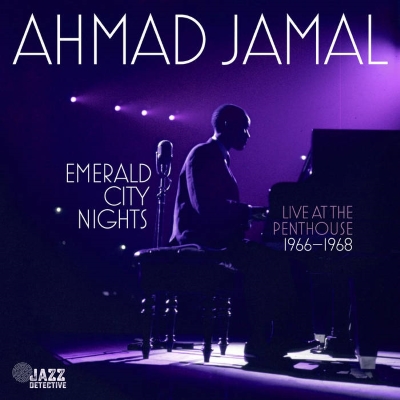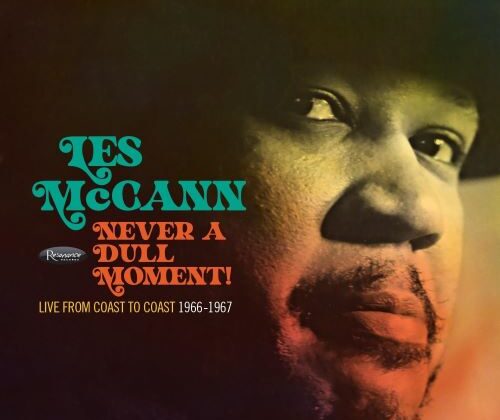Once again, the jazz listening public benefits from Chick Corea’s prolific recorded output. We all know what to expect, including his characteristic keyboard scamper or his sometimes Latin flourishes—not to mention his numerous other musical characteristics including electric keyboard explorations, well known by now. But Corea continues to surprise. And please. A less accomplished pianist may struggle to personalize a song with a painstakingly developed vamp or re-harmonization insistently inserted into a performance. But Corea veritably exudes countless memorable musical moments without apparent effort, some of them flying by so quickly, as if no more than a fleeting notion, that a replay is needed to capture and appreciate them. Many of Corea’s ideas set up “what did I just hear?” moments, and what was just heard was indeed as apt and brilliant as suspected.
Imagine three hours of Corea-istic surprises. A surfeit of special moments would abound.
Imagine no more. They do.
Corea has released on Concord Jazz a three-CD package, called Trilogy, appropriately enough, that features his current trio with Christian McBride and Brian Blade. As always, this acoustic piano trio crackles and surges and performs as a high-energy unit, as have all of Corea’s previous trios. Even at the age of 73, or perhaps because of his lifelong absorption of musical and living experiences, Corea performs with his characteristic light touch and effortless sweep that expresses concepts usually at a quickening pace throughout the tracks. For example, as on “It Could Happen to You,” Corea initially may sketch the outlines of a song with buoyantly moving block chords and then a single-note bass ostinato under galloping treble improvisation. He teases the audience into eventual familiarity as the song attains recognition before taking off with dynamic intensity.
For Trilogy, Corea chose tracks from concerts performed in far-flung locations like Spain, Turkey, California, Austria, Japan, Slovenia, Switzerland and Washington D.C. The audience reaction at the end of the tracks—that is, audible acclaim—remains the same, no matter where they were recorded, proving not only that Corea can capture the attention and soul of listeners, but also that music, delivered by inspired artists, remains a universal language.
Corea already knew that. Now he proves it once again. And again. And yet again. In country after country.
One may expect Corea to offer a retrospective of his own compositions like “Now He Sings, Now He Sobs” or of his musical associations such as those with Stan Getz, Miles Davis or Gary Burton. Instead, Trilogy includes a majority of standards like “The Song Is You.” Nothing wrong with that; anything Corea touches turns to gold. Some of those memorable musical moments occur during the performances of standards, such as the movement from Corea’s brief freely developed introductions into the songs’ eventual melodies. There’s not a piano, but a guitar, introduction to “My Foolish Heart,” as Spanish musician Niño Josele sets the mood for the performance that follows with a rubato, heartfelt version, accompanied by Corea, before the trio backs up Spanish flutist Jorge Pardo’s entrance as well.
Naturally, the fellowship with musicians from the host country is a crowd-pleaser, and even more so when Corea’s trio performs with them his composition that evokes the spirit of the entire country, as “Spain” is played in Madrid. The 18-minute excursion includes Josele’s solo flamenco guitar version of the adagio from Concierto de Aranjuez, before the trio comes in with the familiar melody of propulsive force and broad intervallic leaps recorded 42 years ago on Light as a Feather. The concert certainly must have been a special occasion for Corea when his composition was performed as he imagined it in the country of his Spanish heart.
Still, the release of so much music by Corea’s trio in one package at one time is a special occasion in itself. For one thing, it provides ample opportunity to hear and appreciate the technical excellence and instantaneous responsiveness of each member of the trio, assuredly one that ranks as one of Corea’s most memorable. The trio is absolutely on fire from the start of Corea’s hard-charging tour de force in three-four, “Fingerprints,” his tribute to Wayne Shorter’s classic “Footprints.” For one thing, McBride enters with clarity, tonal depth and percussive force even when Corea initially states the melody. And then…the irresistibility of Corea’s improvisations give way to the irrepressibility of McBride’s prestissimo and finely articulated and emotionally thrilling solo. Indeed, the entire concert in Madrid must have been one where everything fell into place, for four of the package’s 17 tracks, including “Fingerprints,” were recorded there.
And Brian Blade! A respectful drummer who remains unobtrusively supportive even as a close listen reveals electrifying background work of his own, Blade emerges from his vibrant supporting role on “Armando’s Rhumba” to make clear that the track’s excitement obviously would have been diminished without his light, unforced technique. Still, listen to Corea! Before Blade and McBride come in, Corea performs with broad stentorian chords, a thematic presentation of opposing bass and treble meters, and scampering joyousness that can be identified only with him.
Corea’s inclusion on Trilogy of Alexander Scriabin’s E-major Prelude, “Op. 11, No. 9,” and his own “Piano Sonata: The Moon” (from concerts respectively in Istanbul and Washington D.C.) demonstrates as always that Corea’s music belongs in the realm of ideas, rather than of categories as he considers, and then expands upon, ideas from whatever sources may engage his imagination. Lately, Corea has been interested in Scriabin, among others, as he recorded Scriabin preludes also on his solo album, Portraits. Consisting of major-minor tension and the major ninth and major seventh and major ninth intervals favored by jazz musicians, “Op. 11, No. 9” evolves into a light-hearted improvisation in three-four, with occasional Latin vamps and glittering Corea coruscations. Then, McBride contributes his own ideas as well when he improvises at length. Corea’s sonata, dramatically pulsating and narratively ominous, involves impressionistic segments of quick heightened propulsion contrasting with almost silence after Corea’s ringing crescendos. Blade’s cymbals and quieted bass drum beats grow in the next section into more contemplative flowing movement. That track in itself is a tour de force of imaginative power among others offering additional explorations.
After the third hour, Trilogy concludes all too soon with “Someday My Prince Will Come,” another children’s tune of waltz-time sway appropriate for Corea’s sense of musical movement, as is “Alice in Wonderland,” which appears on the package’s second CD. However, “Someday My Prince Will Come,” recorded in Sapporo, begins with Corea’s wife, Gayle Moran Corea, formerly of the Mahavishnu Orchestra and a Corea collaborator since the 1970’s on albums such as The Mad Hatter and The Leprechaun. After she sings the first chorus without defined rhythm above her husband’s spare mostly treble-clef accompaniment, the trio comes in with swaying waltz-time delight. Trilogy indeed is yet another recording of the highest level of achievement by Chick Corea, who remains explorative, creative, accessible and ever pleasantly surprising with the abundance of special moments he shares.
2014
Artist’s site: www.chickcorea.com
Label’s site: www.concordmusicgroup.com

